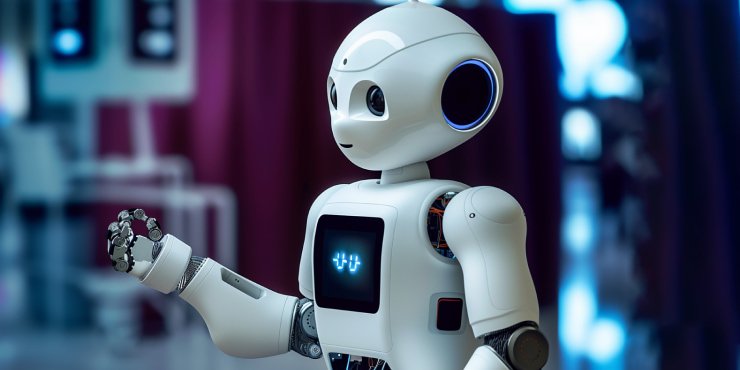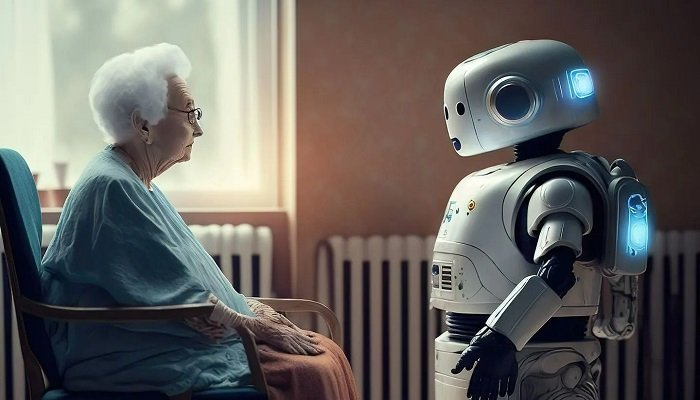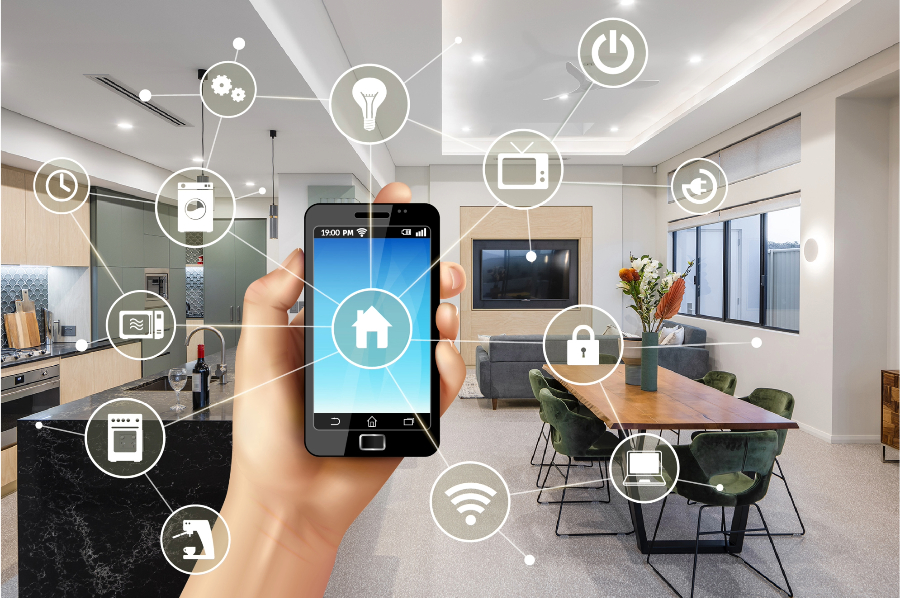In recent years, the concept of smart homes has transitioned from futuristic dreams to everyday reality. As technology continues to evolve, the future of smart homes looks brighter and more promising than ever before. This article delves into how smart homes are transforming and what to expect in the coming years.
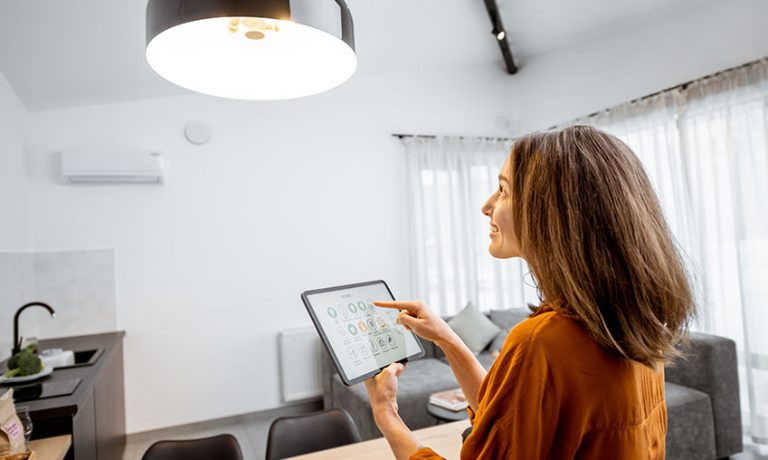
Introduction to Smart Homes
Smart homes are residences equipped with devices that can be controlled remotely via the internet. These devices, ranging from lighting, heating, and security systems, work together to create a seamless living experience. The integration of artificial intelligence (AI) and the Internet of Things (IoT) into these systems has enhanced their functionality and efficiency.
The Evolution of Smart Home Technology
Initially, smart home technology was limited to basic tasks like controlling lights or thermostats. However, today’s systems are far more advanced, capable of learning user preferences and adjusting settings automatically. The ability to integrate with virtual assistants like Alexa or Google Assistant has further streamlined operations, providing users with a hands-free experience.
Internet of Things (IoT) and Connectivity
The backbone of any smart home is its connectivity. IoT devices communicate with each other, creating an interconnected network that enhances the home’s functionality. This network allows users to control various aspects of their home with a single device, usually a smartphone.
Voice Control: The New Standard
Voice control has become a significant feature in smart homes. It offers a new level of convenience, allowing residents to control their environment simply by speaking. For more insights on this, check out how voice control is revolutionizing home automation on Voice Control.
Key Features of Future Smart Homes
Enhanced Security Systems
Future smart homes will boast enhanced security features, including facial recognition technology, advanced surveillance cameras, and more sophisticated alarm systems. These innovations aim to provide homeowners with peace of mind, knowing their homes are well-protected.
Energy Efficiency and Sustainability
As environmental concerns grow, smart homes are becoming more focused on energy efficiency and sustainability. Smart thermostats, energy-efficient lighting, and solar panels are just a few innovations that will help reduce the carbon footprint of future homes.
Personalized Living Experiences
With AI advancements, smart homes will be able to offer personalized living experiences. They will learn from the occupant’s habits and preferences, adjusting lighting, temperature, and even music to suit individual tastes.
Challenges Facing Smart Homes
Privacy Concerns
One of the major challenges facing smart homes is privacy. As more devices collect data on our daily routines, concerns about how this information is used and protected are growing. It’s crucial for developers to address these issues to gain consumer trust.
Integration Issues
With so many different devices and platforms available, ensuring seamless integration is a challenge. Standardizing protocols and improving compatibility between devices will be essential for the future success of smart homes.
Smart Homes for Everyone
The future of smart homes isn’t just for tech enthusiasts. As technology becomes more accessible, smart homes will cater to a broader audience, including renters. For those interested, here’s a guide on Smart Home Automation for Renters.
Conclusion
The future of smart homes promises to bring even more convenience, security, and personalization to our lives. As technology continues to advance, the possibilities are endless. For those looking to embrace this change, staying informed and adapting to new innovations is key.
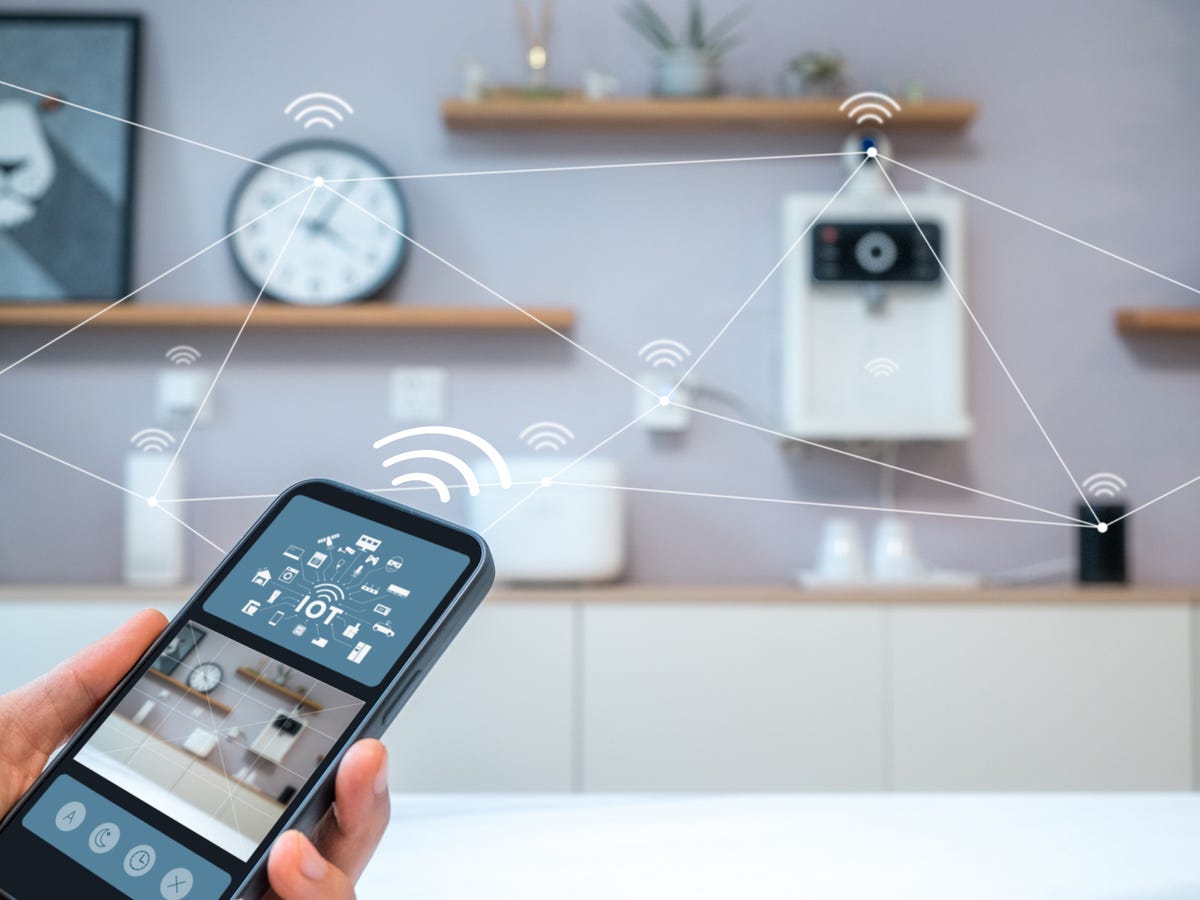
FAQ
What is the main technology behind smart homes?
The main technologies include the Internet of Things (IoT), artificial intelligence (AI), and connectivity solutions that allow devices to communicate and function seamlessly.
Are smart homes energy efficient?
Yes, smart homes are designed to be energy efficient, with features like smart thermostats and energy-efficient lighting systems that help reduce energy consumption.
Can renters have smart home technology?
Absolutely! There are many smart home solutions designed specifically for renters, including wireless systems that don’t require permanent installation.
How can I ensure my smart home devices are secure?
To secure your smart home, regularly update your devices, use strong passwords, and monitor the settings and data sharing permissions for each device.
For further reading on the advantages of smart home automation, visit Vivint.


